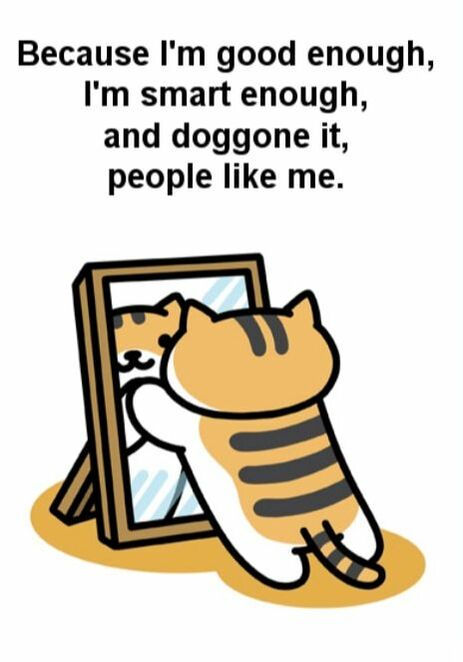Philosophy, religion, martial arts, etc… these activities, when properly engaged, can heal us like potent medicine, and therefore, must be approached in that spirit.
Coming at these renewing and healing practices with a sense of heartless obligation, repetitive work, or a lack of mindfulness turns these soul-healing medicines into placebos of ignorance.
Want to get clear? I do.
Take the medicine.
No one said it always tastes good, but it’s always good for us.
(See y’all tomorrow)
ENDNOTE: Remember, the first third of this journey is about perception, and the first quarter of that perception work is all about clarity. Please, join me in going back over January’s clarity contemplations. Turn this month’s work into an ongoing practice.
Tomorrow, we begin a 28-day exploration of the nature of our Passions and Emotions, how to perceive them, and how to perceive THROUGH their lenses. Gods be good, you’ll join me!






 RSS Feed
RSS Feed
